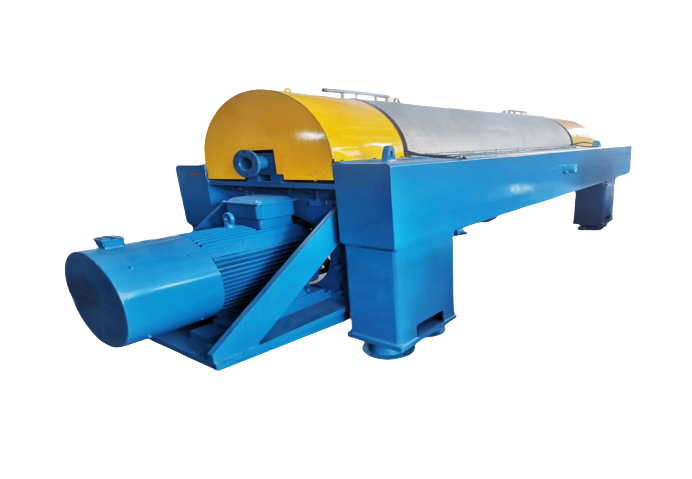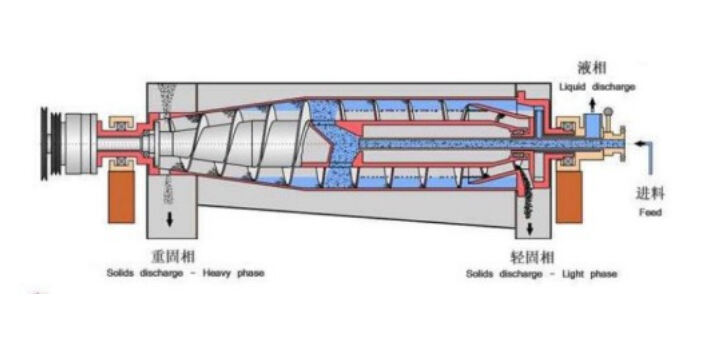chemical industry separation technology
Chemical industry separation technology represents a cornerstone of modern industrial processes, encompassing various methods to isolate, purify, and concentrate specific chemical components from mixtures. This technology utilizes multiple principles including distillation, filtration, crystallization, and membrane separation to achieve precise material separation. At its core, the technology leverages differences in physical and chemical properties such as boiling points, molecular size, or electrical charges to effectively separate components. Modern separation systems incorporate advanced automation and control systems, enabling real-time monitoring and adjustment of separation parameters. The technology finds extensive applications across diverse sectors, including petrochemical processing, pharmaceutical manufacturing, water treatment, and food processing industries. In petrochemical applications, it helps isolate specific hydrocarbon fractions, while in pharmaceutical manufacturing, it ensures the purity of active ingredients. The technology also plays a crucial role in environmental protection through wastewater treatment and air pollution control. Recent advancements have led to the development of hybrid separation systems that combine multiple separation principles to achieve higher efficiency and selectivity.


